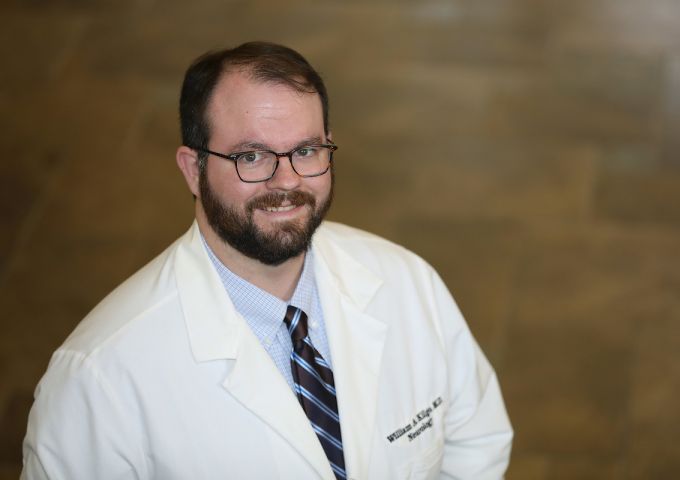
Does cancer run in my family?
While most cases of cancer occur by chance, it’s estimated that 5 to 10 percent of cases can be linked to an inherited genetic variant that can be passed down from generation to generation.
By Carol McPhail
[email protected]
While most cases of cancer occur by chance, it’s estimated that 5 to 10 percent of cases can be linked to an inherited genetic variant that can be passed down from generation to generation.
That’s why it’s important for families to keep detailed health histories and share any concerns they may have with a healthcare provider, said Cassie Gurganus, C.G.C., a certified genetic counselor at USA Health Mitchell Cancer Institute.
As a genetic counselor, Gurganus works with patients and their families to help them understand their genetics and what role their genes can play in cancer.
Among the signs of an inherited mutation or hereditary cancer:
- A cancer diagnosis in a family member younger than age 50
- A family member who has two or more types of cancers
- Multiple cases of a cancer on one side of the family
- More than one family member having certain rare cancers such as ovarian, pancreatic, medullary thyroid cancer, or a sarcoma.
Gurganus advises families who observe one or more of these signs to take their concerns to their primary care provider, gynecologist or oncologist. “Just because you have these red flags of a hereditary cancer syndrome doesn’t mean there is one in your family,” she said. “A healthcare provider can evaluate the family history and refer you to a genetic counselor if needed.”




